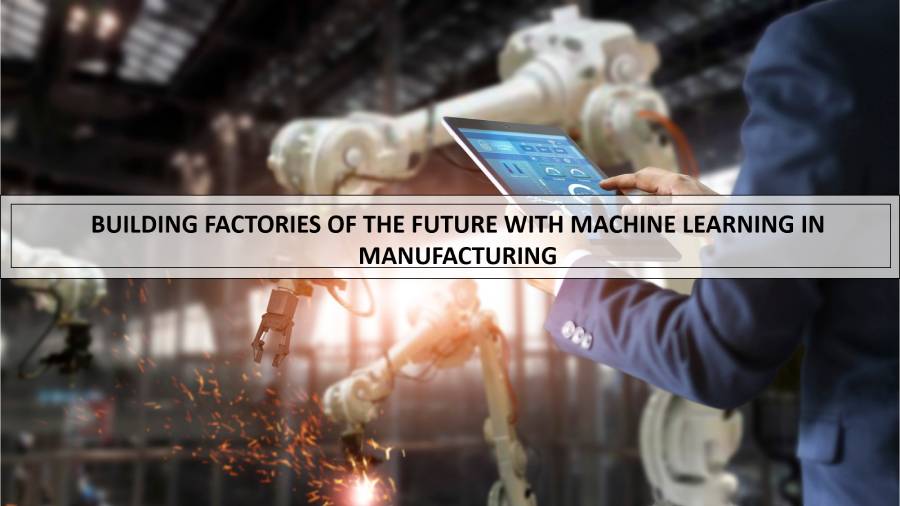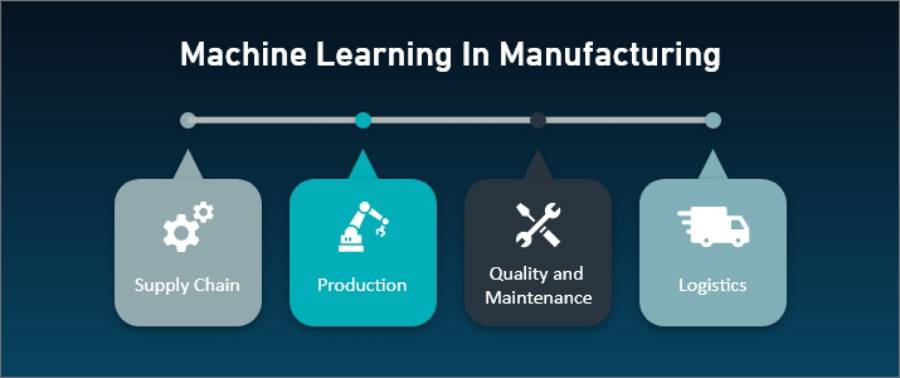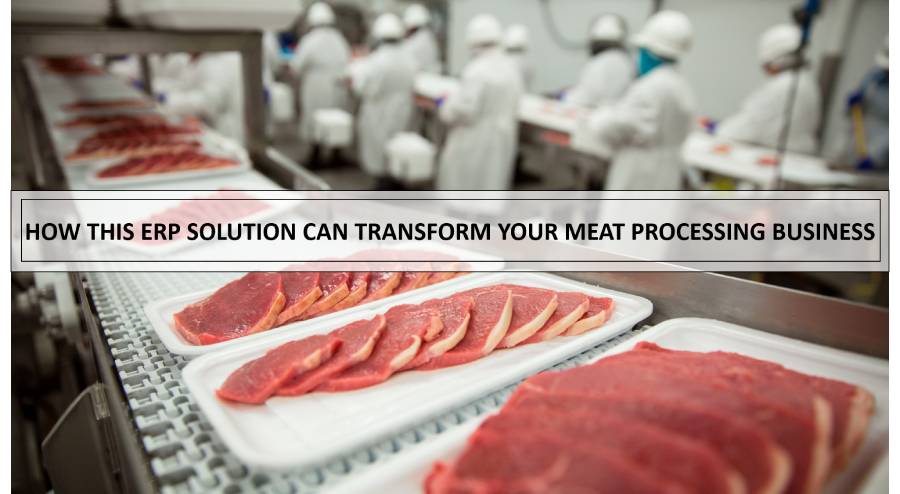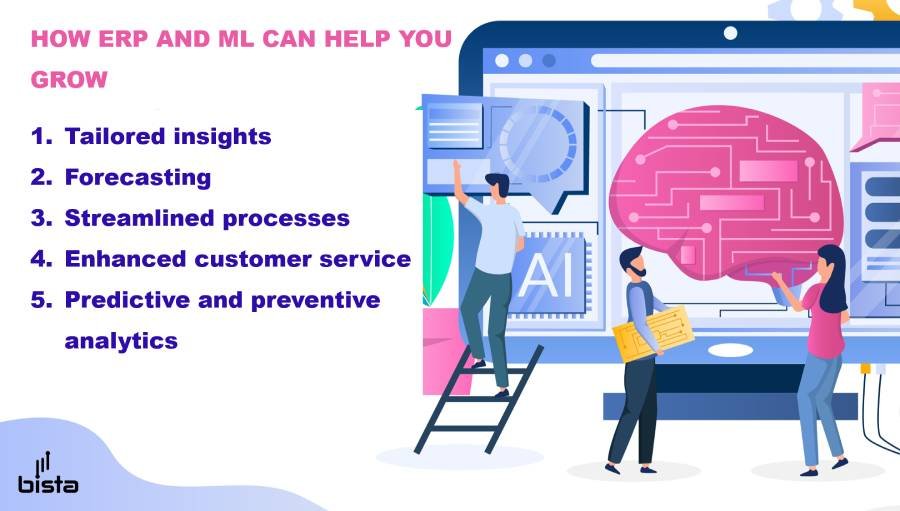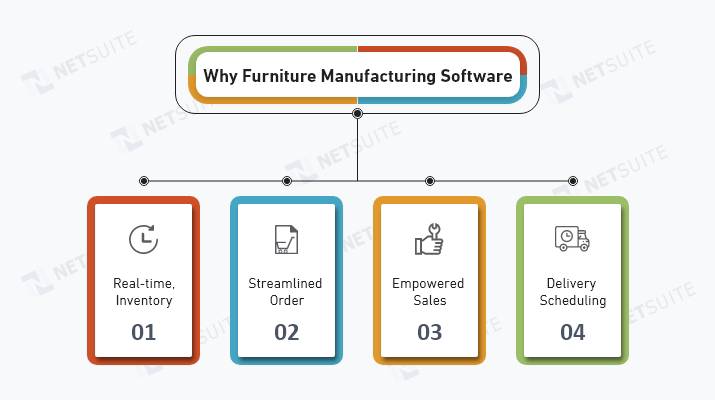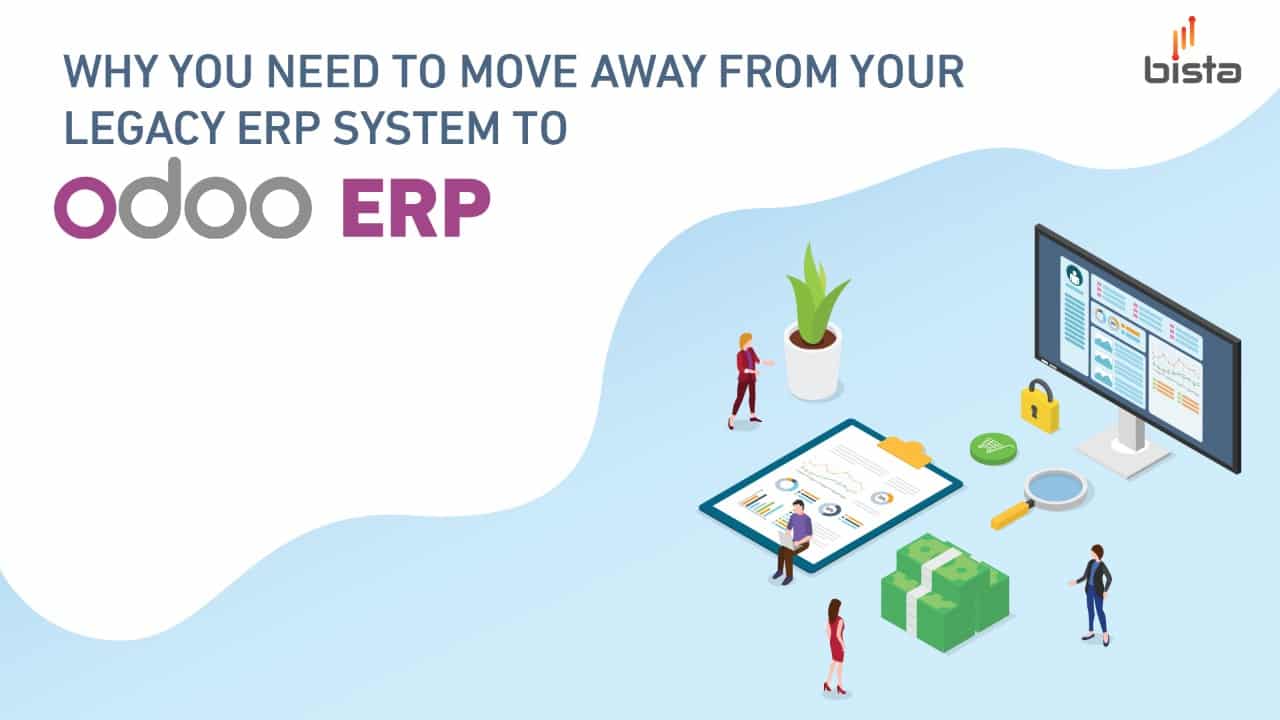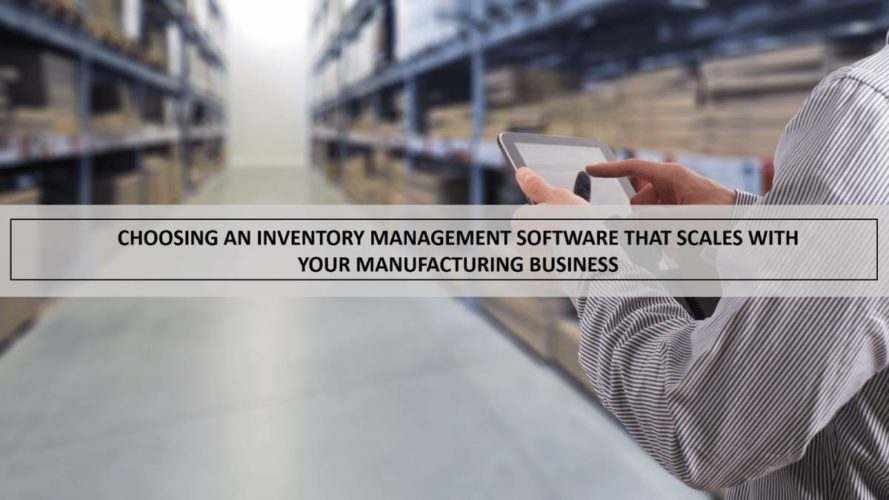How To Overcome Odoo Performance Issues & Odoo Implementation Challenges:
Odoo stands out as one of the most powerful and adaptable ERP systems on the market today. Its modular design and open-source foundation empower businesses to streamline operations across finance, sales, inventory, manufacturing, and more. However, as with any comprehensive platform, Odoo can present performance issues and implementation challenges if not managed properly.
That’s where Bista Solutions comes in. As a trusted, award-winning Odoo Gold Partner, we help businesses like yours harness the full potential of Odoo by fine-tuning system performance and delivering seamless, strategic implementations tailored to your unique needs.
Ensuring Smooth Transitions During Odoo Implementation
Here are some of the most common challenges businesses encounter when adapting to Odoo implementation:
Resistance to change: People tend to resist change, especially when transitioning to a new system. Users may be comfortable with the old system, even if it’s inefficient, and fear the learning curve of a new ERP.
Inadequate training: Without adequate training, users may struggle to utilize Odoo to its full potential, leading to frustration, mistakes, and reduced overall productivity.
Communication gaps: When leadership fails to clearly communicate the benefits of Odoo and the implementation process, it can create confusion and foster resistance among team members.
Data migration issues: Data migration from the old system to Odoo can be a complex task. If not handled correctly, it may result in inconsistencies and errors that disrupt operations.
Customization complexities: While Odoo provides extensive customization options, this flexibility can sometimes overwhelm users. Striking the right balance between customization and ease of use is essential for a smooth experience.
Top Odoo Implementation Challenges and How to Overcome Them
- Improper Requirement Gathering
Implementing Odoo without a clear understanding of existing business processes can result in misaligned goals and ineffective solutions.
Solution:
- Gain a deep understanding of business requirements
- Involve cross-functional teams to map out current workflows and future needs.
- Use Business Process Modeling (BPM) tools to document and validate expectations.
- Poor Data Migration Planning
Inaccurate or inconsistent data can delay your go-live schedule and undermine user confidence.
Solution:
- Perform data cleansing and normalization before migration.
- Use ETL tools or Odoo’s built-in import wizards strategically.
- Validate migrated data with stakeholders before go-live.
- Lack of Change Management
Resistance from end users can hinder the success of your Odoo implementation.
Solution:
- Create a comprehensive training and onboarding plan to ensure users are well-prepared.
- Create champions within each department to support adoption.
- Provide ongoing support and documentation for smooth transitions.
- Underestimating Customization Needs
Off-the-shelf Odoo modules may not always fit complex or niche processes.
Solution:
- Partner with an experienced Odoo Gold Partner like Bista Solutions.
- Prioritize modular customization with scalable architecture.
- Leverage Odoo Studio for quick UI changes and custom development for deeper logic.
Fix Odoo Performance Issues With Bista Solutions
At Bista Solutions, we specialize in identifying and addressing performance issues in Odoo, ensuring your ERP system operates smoothly, efficiently, and scales effectively. Below, we highlight key strategies to optimize Odoo performance and explain how partnering with an expert provider like Bista Solutions can significantly improve your results.
Key Strategies to Fix Odoo Performance Issues
- Caching
Enhance data access speed by caching frequently used information. Caching minimizes the need for repeated database queries, leading to a substantial improvement in response times for users.
- Code Optimization
Improve the performance of your custom code by reviewing and refactoring inefficient scripts. Streamlined, optimized code consumes fewer server resources and executes more quickly, resulting in a faster, more responsive system.
- Database Tuning
To enhance your database performance, focus on optimizing slow queries, eliminating redundant or excessive data, and implementing proper indexing strategies.
- Hardware Upgrades
Performance issues are often tied to infrastructure. Upgrading to faster CPUs, SSDs, and adding more RAM can significantly boost system responsiveness and support a higher number of simultaneous users.
- Load Balancing
By implementing load balancing to distribute user traffic across multiple servers, you can improve response times, prevent server overload, and ensure high availability and system stability.
- Real-Time Monitoring
Monitoring is like a health check-up for your system. By using Odoo’s built-in tools or third-party solutions, you can track key performance metrics, identify issues early, and prevent downtime before it becomes a problem.
- Optimized Server Setup
By optimizing your hosting environment for high availability, fault tolerance, and scalability, you ensure that your system remains reliable, resilient, and able to grow alongside your business needs.
- Software Configuration Tweaks
Tuning Odoo’s internal configuration can provide immediate performance improvements. By adjusting worker processes, thread counts, and connection limits, you can optimize system efficiency and ensure smoother operation under varying loads.
Continuous Improvement and ROI Maximization with Bista Solutions
Measuring Odoo ERP performance is an ongoing process, not a one-time task. Here are some best practices to follow, with Bista Solutions offering expert support along the way:
Stay Informed: Keep up with the latest Odoo updates and patches. Bug fixes and performance improvements are frequently included in new versions. Bista Solutions can help you stay updated and ensure smooth transitions to new releases.
Regular Maintenance: Perform routine maintenance tasks, such as database vacuuming, data archiving, and code optimization, to keep Odoo running smoothly. Our team at Bista Solutions can assist with ongoing maintenance and fine-tuning of your system.
Scale Smartly: As your business grows, ensure that your Odoo infrastructure scales accordingly. Consider both horizontal and vertical scaling options to accommodate increased workloads. Bista Solutions can guide you through this process, ensuring your system grows seamlessly with your business.
Employee Training: Invest in training for your employees to ensure they are using Odoo efficiently. Well-trained users are more likely to leverage the system’s full capabilities. Bista Solutions offers tailored training sessions to empower your team and enhance productivity.
Consult Experts: When in doubt, consult Odoo experts or trusted partners like Bista Solutions. We can provide guidance on performance optimization and best practices to ensure your system is running at its best.
Why choose Bista Solutions as an Odoo Implementation Partner?
Experience: We have a proven track record of successfully delivering projects across various industries and business sizes.
Techno-functional expertise: Our team of Odoo experts specializes in customization, integration, migration, and maintenance, offering both technical and functional guidance throughout the project lifecycle.
Industry knowledge: With a deep understanding of various industries and business processes, our certified consultants can recommend tailored best practices and solutions to meet your unique business needs.
Customization capabilities: We have developed custom modules and integrated Odoo with third-party applications to ensure the system fully meets your unique requirements.
Support: We offer comprehensive support services, including training, troubleshooting, and maintenance, to ensure your system operates smoothly.
Communication: Our project managers, consultants, and developers will maintain clear communication with your team throughout the project, keeping you updated on progress and any issues that may arise.
Cost-effectiveness: We offer cost-effective solutions and share the pricing with a clear breakdown of costs before the project starts.
Overcome Challenges with an End-to-End Odoo Implementation Partner: Bista Solutions
A successful Odoo implementation can bring significant benefits to your business by streamlining operations and boosting efficiency. By developing clear strategies, understanding the process, anticipating challenges, and managing costs effectively, you can ensure a smooth transition to Odoo. Partnering with Bista Solutions makes this journey more efficient and seamless. From defining objectives to managing post-implementation support, every step plays a crucial role in ensuring the overall success of your project. Bista Solutions’ expertise and support will help guide you through each phase of the implementation, ensuring you maximize the full potential of Odoo for your business.
Connect with our Odoo experts now and see how we can implement this ERP software to drive business success.

